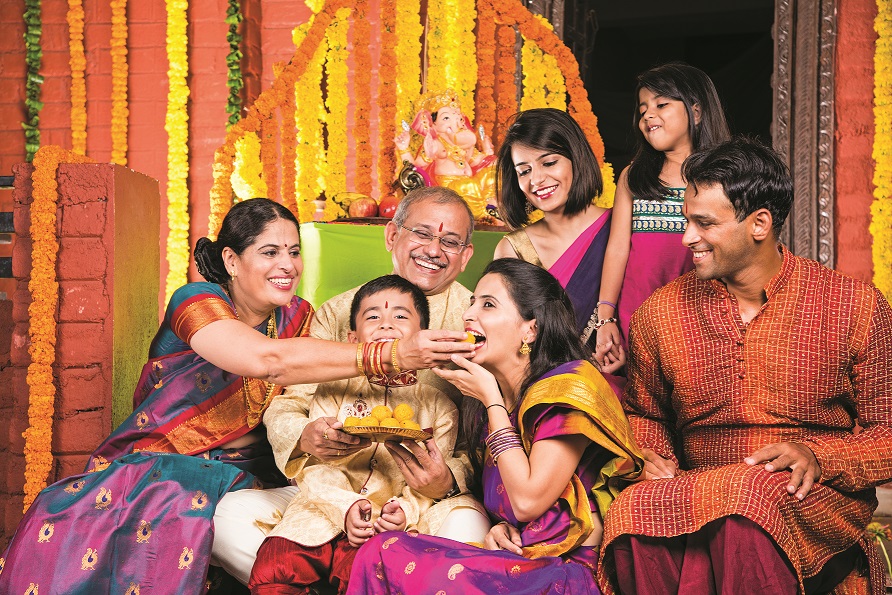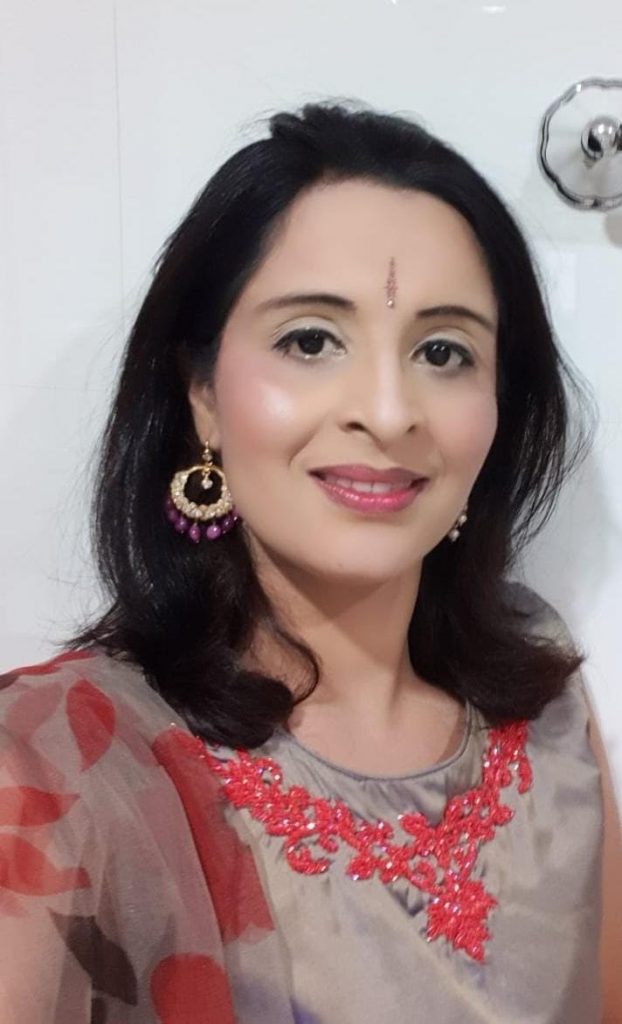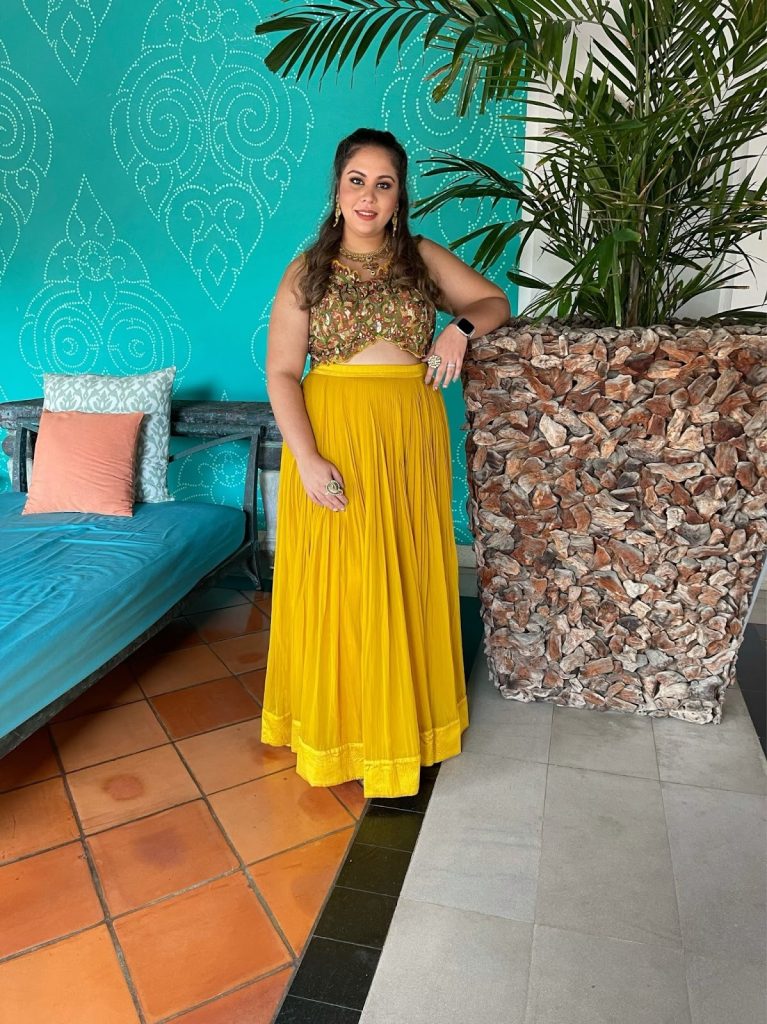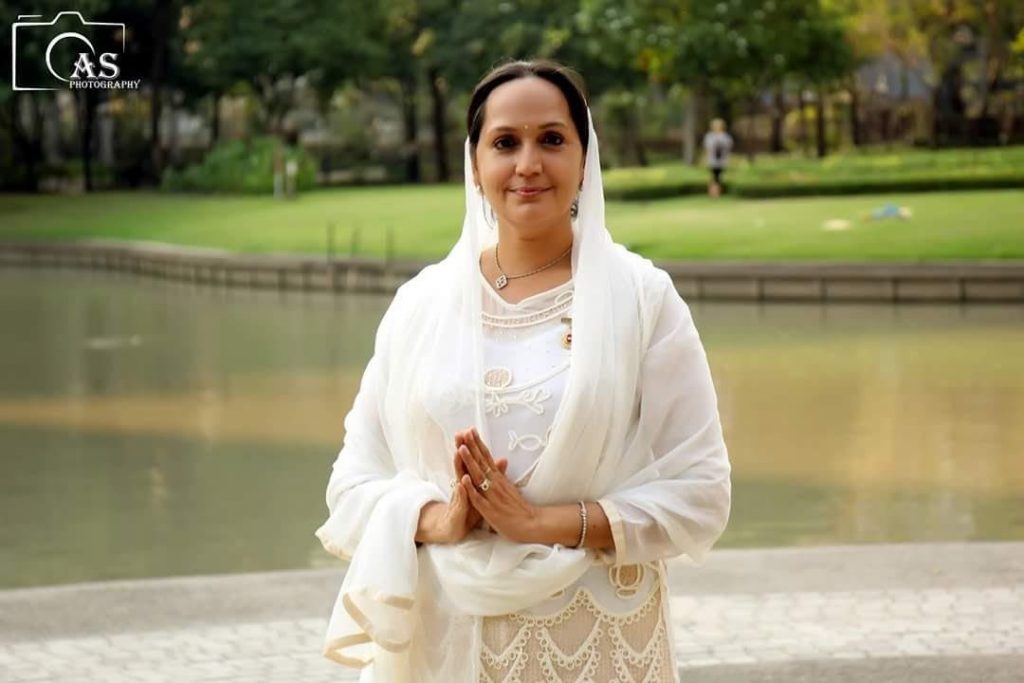A debate that gives new meaning to ‘family heirlooms.’
By Rubani Sethi
From Baby Boomers to Gen Z, there has been a noticeable shift in how each generation views the importance of traditions and how we practice them in our Indian culture. On the spectrum of being very religious to completely atheist, individuals from each different generation have starkly different perspectives on how they choose to incorporate religion and spirituality in their day-to-day lives, which stems from several external factors including education, social responsibilities, and so forth.
Now with Gen Alpha on the rise, more people will need to revisit their values, traditions, and the upbringing that their parents and grandparents instilled in them, and reflect on the experiences that have shaped them in order to figure out what they believe is important to pass on to the children of today.
Multi-generational members of the Thai-Indian community share with Masala their views on the importance of traditions in our culture, and whether or not they think these traditions will be passed on and accepted by the next generation.
Sneha Sethi Doowa, Gen Y (Millennials), 33
I do feel that traditions have already reduced dramatically nowadays compared to when I was growing up. Some of these changes are for the better, some for the worse. For example, one of the better ones are the way marriages are being carried out with the amount of rituals reduced. I feel like this is just one example of how the new generation is becoming more practical. The doli now begins at the Gurudwara, as opposed to home, and in some families, the expectations of the dowry has reduced significantly. So, I feel like the future generations will be carrying these good changes forward.
However, we’re also seeing people shift away from certain traditions, such as the significance of Gurpurab, or even the small gestures like Pairi Pauna where you touch the feet of elders to seek blessings. Growing up I lived in a joint family and with my grandparents, so I always felt that touching the feet of my grandparents just gave a sense of humbleness and a very warm feeling, which in today’s world might not be carried on in future generations.
So, for the most part I feel like some traditions will continue to exist while others will be lost. To take everything forward to the new generation will be very challenging. As a parent to two young boys, there are days where even I struggle to teach certain traditions to my children. Sometimes this makes me sad that the fast moving, more ‘logical’ world we live in now is resulting in some of the more sentimental traditions being left behind.
If we want to hold onto traditions in the future, I think we have to be open to altering them slightly, where the essence and message of the traditions are the same but the way we express things will be very different. For example, changes at the Gurudwara when reading bani so that translations are available; teaching the young about festivals like Diwali, Gurpurab, and Vaisakhi in a way that remains fun and engaging to the children of today.
I believe traditions are what makes us who we are today and they are worth the effort that our parents have put in into learning them from our grandparents, and therefore they are valuable and we should make the effort to pass them onto future generations.
Pooja Malhotra Pathela, Gen X, 44
Traditions are an important part of every community as they are passed down from one generation to the next, from the past to the future, to learn and experience. I believe this quote by Heraclitus, “the only constant in life is change” is one that resonates with me and my views on traditions.
I believe in unity amongst all ages and family, and traditions are one of the things which binds us together as a group as they give us a mutual bond. I believe we should be flexible and allow for changes within traditions to happen naturally without forgetting them altogether, as traditions are part of our heritage.
My role within my family is to bridge two generations together. The elders have different views on life, religion, and tradition, and it can be very hard for them to comprehend the fast-paced world we live in today. My children have different beliefs, and more often than not, have questions that I have no answer for as they see the world in a way that no generation has in the past.
We cannot pass down everything in the way that it has been passed down to us, we are responsible for managing and controlling what we have and what we give. We don’t want to pass down traditions that breed hate and division, as we don’t want to spread this negativity through a generation that is able to connect so easily around the globe.
I believe the act of celebrating the tradition is more important than enforcing them. The point is that families have moments to celebrate those who remember our past and those who will share our futures. It brings me joy when I see that my children have bonded over the celebration of festivals I had growing up, such as Lohri, Navratri, Holi, Diwali, Rakhi, and more, which I hope are treasured enough to pass down too.
Dr. Pavan Chawla, Gen Y (Millenials), 36
In order to discuss this interesting topic, I would like to share my background. I was brought up in an extended family with very close ties with my grandparents, especially my grandmother who remains a fundamental figure in my life till date. I grew up listening to religious stories (sakhis), witnessed most of the “Sikh” way of life and teachings of Gurus that continues to inspire me.
As a working and married woman today, I’m living in a nuclear family with my husband and three daughters. I make it a point to share all the experiences I had before with my children. These family traditions are unique and special, and I believe they help establish a foundation for family values and helps us understand who we are and where we belong.
At the same time, I understand that with the current rate of globalisation, the multicultural environment we live in alongside all other influences, it may be difficult to expect that all traditions will be carried through to future generations.
At the same time, our traditions have been kept alive for hundreds of years, and they can still be kept alive. The question is not if they will be passed on or will be accepted, but rather if we as parents are willing to walk that extra mile to communicate these traditions to our children.
As a mother, I do hope my daughters will grow up keeping these traditions and hopefully passing it on to their families, too.
Nimmi Phlaphongphanich, Gen Y (Millenials), 30
There’s often a need to analyse the past, to explore the present, and to dream of the future, and each generation has the opportunity to shape what we think we know of the world.
There are traditions that exist based on our ancestral circumstances and others that have been brought about by religious events. That being said, I believe that members of the new generation have the need to be their own person, create their own journey, and frankly, do what works best for them and their families.
I believe that today’s generation will continue to celebrate our heritage and culture by upholding religious traditions. However, with the access to travelling, and living lives in communities with people from different cultures, this new knowledge will bring about more questions with about whether all of our traditions make sense today. I believe this will lead to them choosing only to pass down what they believe is logical, and fits in with the craziness of the world we’re experiencing today.
Sirinthra (Sheetal) Gulati, Gen Z, 24
I believe that change is the only constant in the world. Therefore, a shift in traditions and beliefs would not surprise me, as we’ve all been exposed to so many different cultures in our modern-day. Whether our traditional roots carry on to the next generation depends on how much each (future) parent values them.
We’ve got beautiful traditions without question, and I would love for them to be passed on to the future generations. Nonetheless, I also believe in having an open-mind to accept the possibility of new traditions coming into existence, and to respect the younger generations if they choose to go a different way.
Amarjit Kaur Doowa, Baby Boomer, 55
Traditions do get diluted and change with time. The Thai-Sikh community here already differs from its origins in Punjab (before the partition) in so many ways, and it can be easily seen that the future generation will show even greater changes!
For example, our parent’s way of speaking the Punjabi language, many words used are already losing their way in today’s adaptation in order to make the language more easily understood, such as bua (door), palke (tomorrow), moja (socks), etc. It seems like it will be very tough for the future generation to be able to speak Punjabi fluently.
The original Sikhism tenets of not trimming your hair and beard, and way of tying the turban, have all undergone a drastic change, too. Also, ‘obedience of elders’ and doing daily prayers were some core beliefs our parents followed, while our generation, the younger generation (our children and their children), are diverging, and need logic, ‘equality’, and won’t simply obey anything as easily. I believe the original “traditions” have been quite lost universally.
The main concern is: there’s two sides to being religious – one is you become too dogmatic and you’re not accepting of anything other than your own perspective, and the other one is you are too universal that you think you are strong in your faith in being universal that you lose track of even that, and are left with nothing. You think you are in touch with God, and are grateful, but you aren’t. True gratitude brings contentment and happiness. So if there’s sadness, there’s no gratitude.
I believe there is hope, as there is a subtle awakening and acknowledgment here and there. I believe this ‘awakening’ will surely bring about the change needed to uphold our original core universal traditions that need to be lived and passed on.












